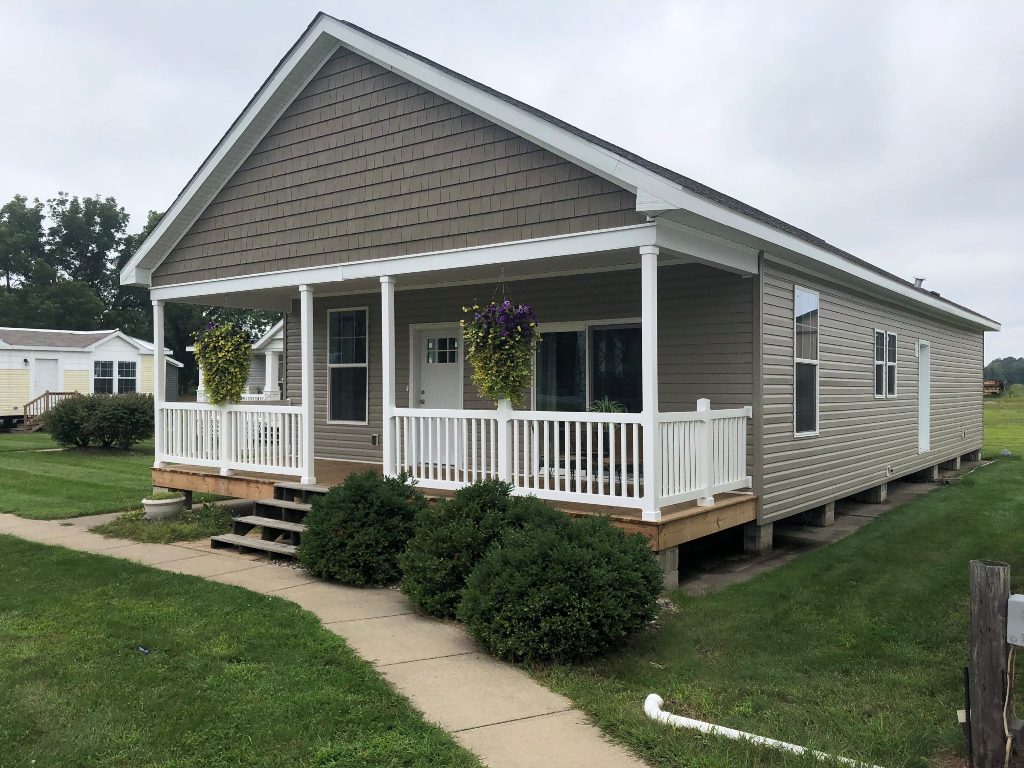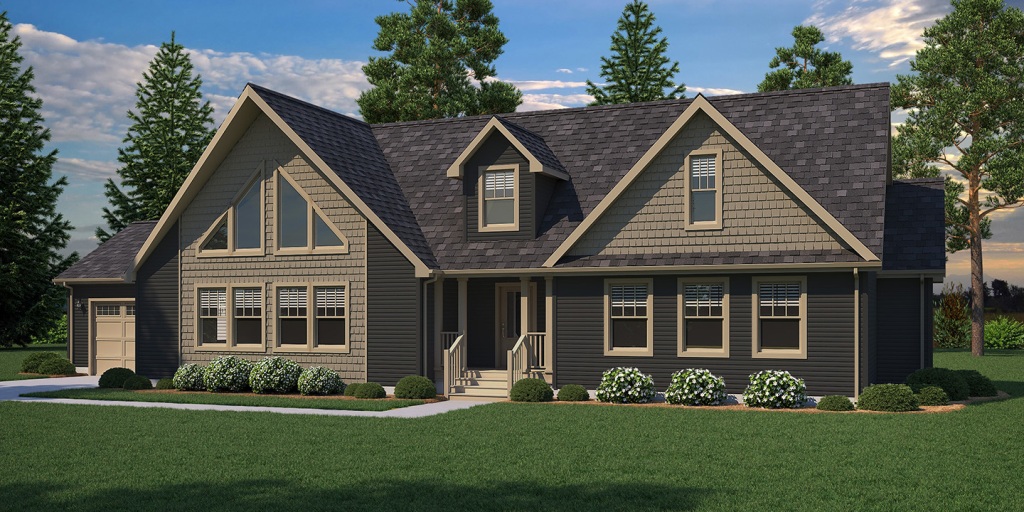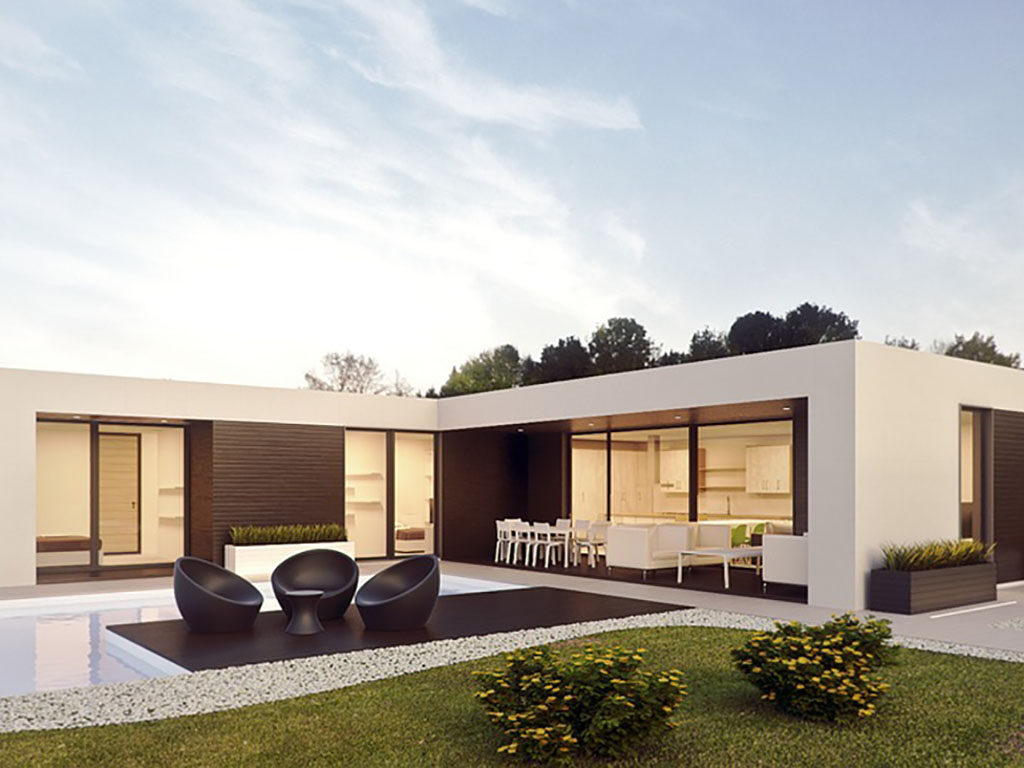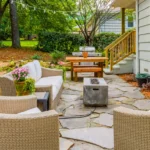A modular home is a type of prefabricated house that’s composed of multiple parts called modules. Modular building is a construction technique involving a single structure of compartments or sections that are then connected on-site to each other, which is very similar to putting together toy blocks.
The components are built indoors, such as in a factory, and then put together at the building site.
In Massachusetts, the median home value index is at $407,400.00. So if you have to shell out 20% as a down payment, that’s about $81,480 in cash to pay upfront. How individuals manage to find a way into homeownership is quite amazing. But, due to the financial hurdle in providing a downpayment, a lot of families are still roofless up to this moment.
For MA-based buyers, modular homes in Massachusetts are an excellent choice. It is a step up compared to mobile- and built-on-site homes. But why exactly are modular homes a good investment? Read on to learn more.
Modular homes look just like a traditional house
A traditional house is constructed on-site, whereas modular homes are manufactured in a plant and then assembled on the site. But upon assembly, the factory-built home looks no different than the traditional house. As it turns out, only the trained eye can tell the difference.

In the traditional way of building a home, the contractors construct the various components such as the house’s wall and roof on the building site. Like the conventional home, modular homes have the same components but are manufactured in a controlled environment. After assembling the components into a module, it is moved for assembly to the construction site. The modules are then pieced together with drywall and trimmings.
Modular homes are energy savers
A modular home is energy-efficient since it’s constructed like building blocks intended specifically to perfectly fit each module, with very little to no tolerance. The result of this tighter fit is better insulation. Walls, floors, and ceilings are densely insulated to prevent air from leaking in or out. They also reduce drafts and buildup of moisture. Better insulation saves you energy, which in return saves you money.
To identify possible energy leaks, the contractors can evaluate the layout of the home as well as the future home location. With this information, they can plan ahead and put in place precautions to avoid any issues from occurring.
They cost less

As the construction industry booms, so do the construction waste. The US Environmental Protection Agency estimated that 230 to 530 million tons of construction waste are produced every year. That is twice more than residential trash.
Construction waste is primarily excess debris from any construction or demolition jobs. The great news about modular homes is that there is no construction waste. Any leftover materials are repurposed for other projects. In effect, it lowers the cost of production.
Another thing to consider is that these homes are built in a factory where the environment is controlled. Weather will not delay the construction. Delay causes scheduling conflicts between different contractors. Because there are virtually no delays, the cost of module production is usually less.
With all the above things considered, a modular home will cost 15 to 20% less to build than a traditional home.
They are made with strict quality control
All state and federal building codes must be complied with by modular homes. They must also pass regular quality inspections at the factory. The construction of the modular home is examined more thoroughly than any other form of home construction. It is crucial that the manufacturing falls within tight tolerance levels, so that during installation everything fits as designed. This means that a modular home is less prone to repairs than a stick-built home.
You can move in faster

Unlike a traditional house, it is possible to occupy a newly-built modular home in just 90 days. Because the components are fabricated in a factory, and most of the time follow a pre-made floor plan, the building process is much faster.
They are fully customizable
While floor plans are pre-made, they are fully customizable and the only limit is your imagination. Modular homes can take on any architectural design. As a homeowner, you can choose green options that save more energy and money.
For further customization, you can add additional modules later on. Suppose you need a new office. Builders can take the measurement and make you one. Likewise, the installation of a new room will be a breeze and won’t require you to leave your house for an extended period.
Takeaway
The day may come that most homes will be modular constructions, taking into account all the economic benefits they bring to the table. If you’re the kind of buyer looking for the best deal and you’re up-to-date on the quality of many modular homes, you might appreciate the benefits of owning one.






